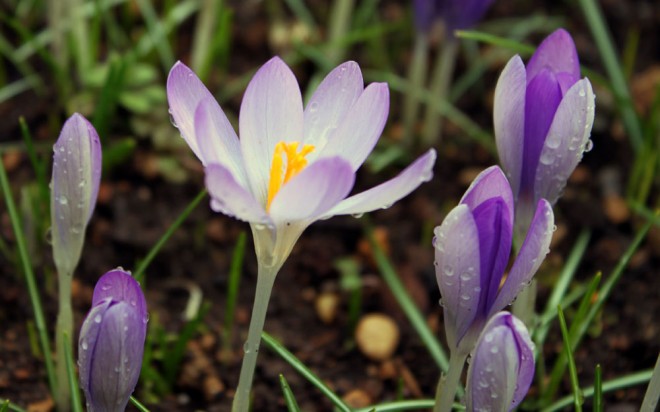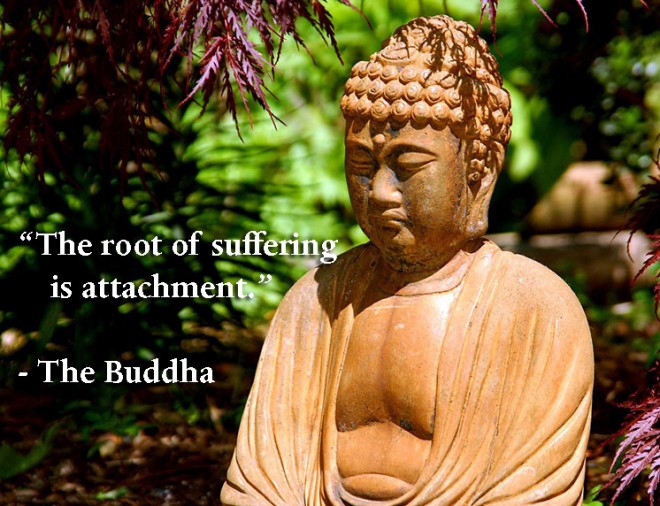
There are times when we can get upset / angry with the behaviour of someone else. How to respond? Philosophy is easy, but the practical implementation is more difficult. The only certainty is that we will get plenty of opportunities to practise!
There was a recent occasion where I felt annoyed, I didn’t like the feeling of rising anger so sat down and read a book of short poems. Picking a couple at random, the first I came across where.
“From now on please try, all of you, to perfect your own nature instead of looking around to see who is obstructing you or standing in your way.”
– Sri Chinmoy [1]
It was a beautiful irony I picked this one first. Because all my unhappiness was due to feeling obstructed by someone else!
The second was:
“You have had an unpleasant experience, and you will not be happy until you stop thinking about it.”
– Sri Chinmoy [2]
The third was:
“Everything in life is a choice.”
– Sri Chinmoy [3]
Just reading these three poems was an excellent antidote and immediately took away the worst of my negative emotion. In that situation, I couldn’t think of anything better to calm myself down.
It also left a good incentive to try and implement the first aphorism to work on myself and change the way of reacting to certain situations. Read On…






